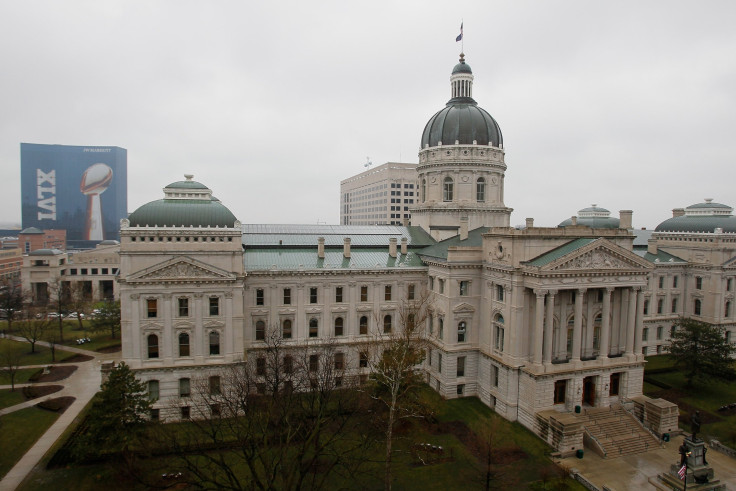Indiana Minimum Wage Battle: Activists Fast For Pay Hike, Face Uphill Battle In Legislature

Dozens of activists in Indiana fasted over the weekend in support of raising the state’s minimum wage. The 72.5-hour fast, organized by labor and religious groups, aims to draw attention to state legislators’ unwillingness to hike wages beyond the existing $7.25-per-hour federal minimum.
“We think fasting for 72.5 hours is not just a symbol of solidarity but a symbol of urgency to our lawmakers,” lawyer and protester Fran Quigley told the Indianapolis Star.
Activists such as Quigley want a $10 hourly minimum wage, but the Hoosier State’s Republican-dominated legislature has bucked the bills to that effect. On Monday, protesters are gathering at the state house in Indianapolis, where they’re to build support for a last-ditch effort to attach a wage proposal to a separate piece of legislation. A rally last month in support of a wage boost failed to generate much legislative traction.
Proponents of higher minimum wages generally say the measures don’t just benefit low-paid employees but also serve to boost the economy overall: When their paychecks are bigger, workers spend more money. Opponents say that aggressive wage hikes can impose business-threatening costs to employers and encourage layoffs. Some Indiana Republicans have cast doubt on the necessity of a wage floor at all.
“I’m a free-market guy, and I think that the market sets rates and sets employee’s rates,” Republican Sen. Phil Boots, the chair of the Senate Labor Committee, said in January. “Everybody is free to earn as much as they want or as little as they want.”
About 108,000 workers in Indiana, just over 6 percent of the state’s hourly workforce, earn the minimum wage, according to the Bureau of Labor Statistics. Three of the four states that border Indiana -- Illinois, Michigan and Ohio -- have higher hourly minimum wages for most workers, at $8.25, $8.15 and $8.10, respectively. Kentucky’s is also $7.25.
As proposals to boost the federal minimum wage stall in Congress, states and cities are increasingly acting on their own. Last year, 14 states and the District of Columbia passed wage hikes. Twenty-nine states now have minimum wages greater than the federal minimum.
© Copyright IBTimes 2024. All rights reserved.












